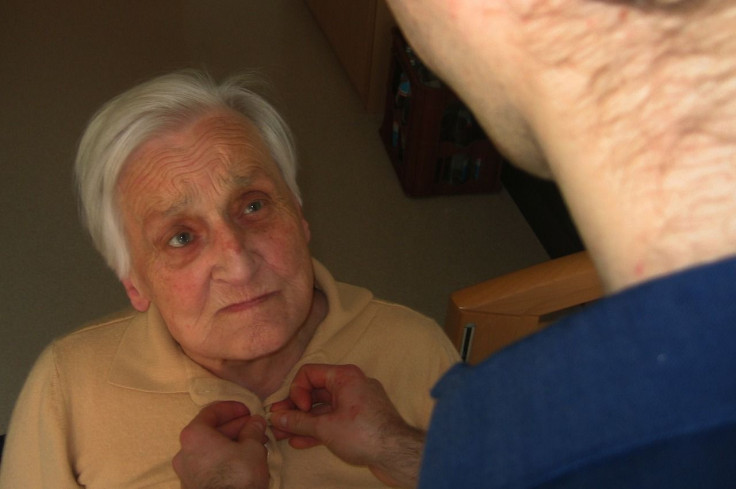Dementia Symptoms: Older Adults Who Experience This At Night Could Be At Risk
KEY POINTS
- > 50 million people suffer from dementia
- ~10 million new cases of dementia reported every year
- Older adults suffering from insomnia might be at risk for dementia
Dementia is the leading cause of disability and dependency among older adults throughout the world. More than 50 million people suffer from dementia and there are, approximately, 10 million new cases every year.
New research pointed out that individuals who find it difficult to fall asleep might be at a higher risk of developing cognitive issues including dementia compared to their counterparts who sleep well.
The experts at Qingdao University examined data on 51 previous studies that followed middle-aged and older individuals in North America, Europe, and East Asia for several years to find out if sleep issues were linked to cognitive health over time.
The key findings of the study:
- Individuals who suffered from insomnia were 27% more likely to be affected by cognitive issues
- Those who were unaware of sleep inadequacy or insufficient amount of quality rest were 25% more likely to develop dementia
- Spending too much time staying awake in bed was linked to a 24% higher chance of cognitive decline
- Sleep management might serve as a promising target to prevent dementia
- Sleep apnea was associated with a 29% increased risk of cognitive problems
The researchers opined that sleep issues could lead to cognitive impairment due to inflammation of the tissue in the central nervous system. Problems with sleep might also lead to cognitive issues due to a reduction in oxygen supply in the brain. Moreover, sleep problems could make the brain less efficient at removing waste. That could lead to brain atrophy in key regions of the brain.
“Insomnia and sleep complaints seem to cause a lot of anxiety that, in my judgment, is unwarranted if its source is brain health. But if sleep problems interfere with everyday activities and wellbeing during the day, that's an issue that people should consider raising with their physician,” the Daily Mail quoted Dr. Eric Larson of the Kaiser Permanente Washington Health Research Institute in Seattle.
Sleep is vital for overall health and should be made a priority among older individuals. The U.S. Centers for Disease Control and Prevention said that adults require a minimum of seven hours of sleep every night.
The authors also clarified that, just because an individual experiences sleep issues, it doesn’t mean that they're destined to suffer from cognitive problems.

© Copyright IBTimes 2025. All rights reserved.






















